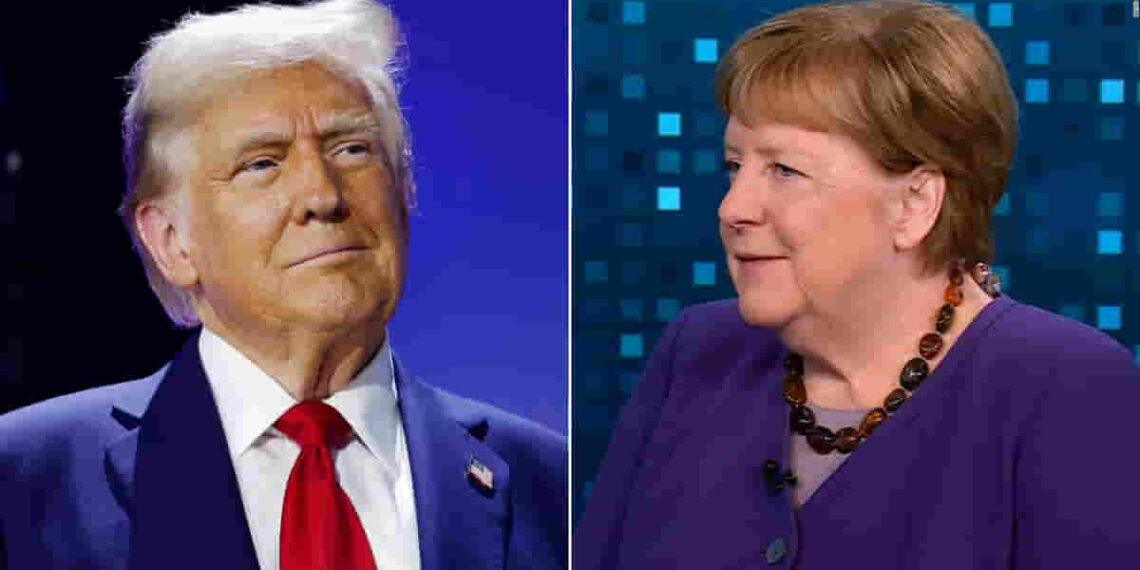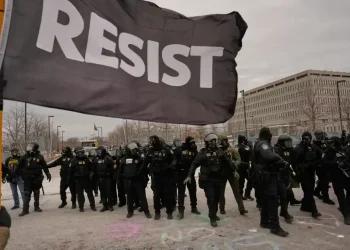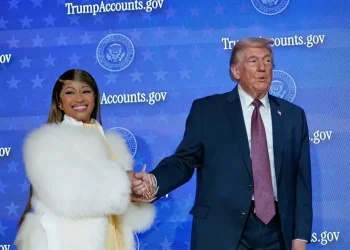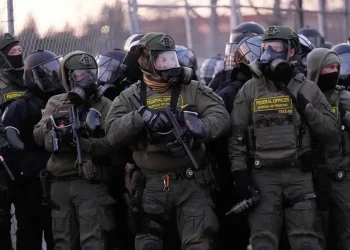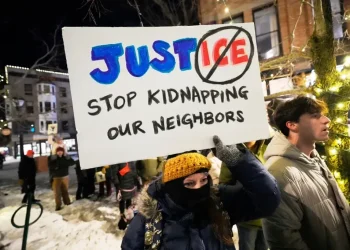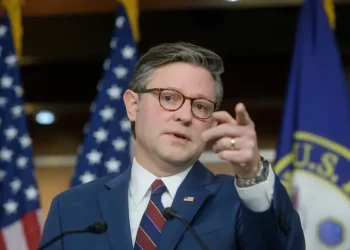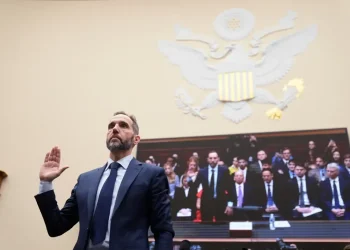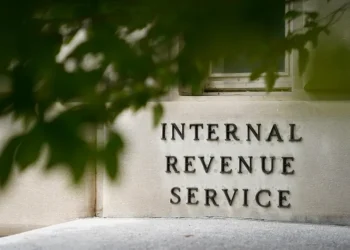Angela Merkel Reflects on Trump’s Fascination with Authoritarian Leaders and Her Legacy
Former German Chancellor Angela Merkel recently shared her impressions of Donald Trump during his presidency, describing his apparent fascination with the authority wielded by strongmen like Russian President Vladimir Putin and North Korean leader Kim Jong Un.
Speaking with CNN’s Christiane Amanpour, Merkel recounted, “The way he spoke about Putin and the North Korean leader – aside from his critical remarks – there was always a fascination with the sheer power they possessed.”
In her interview, Merkel delved into her new memoir, Freedom, which chronicles her 16 years as Germany’s first female chancellor. Her tenure saw Europe endure multiple crises, including economic upheavals, migration challenges, climate issues, and the COVID-19 pandemic. However, her legacy has been complicated by events following her departure, such as Russia’s invasion of Ukraine, which raised questions about Germany’s reliance on Russian energy.
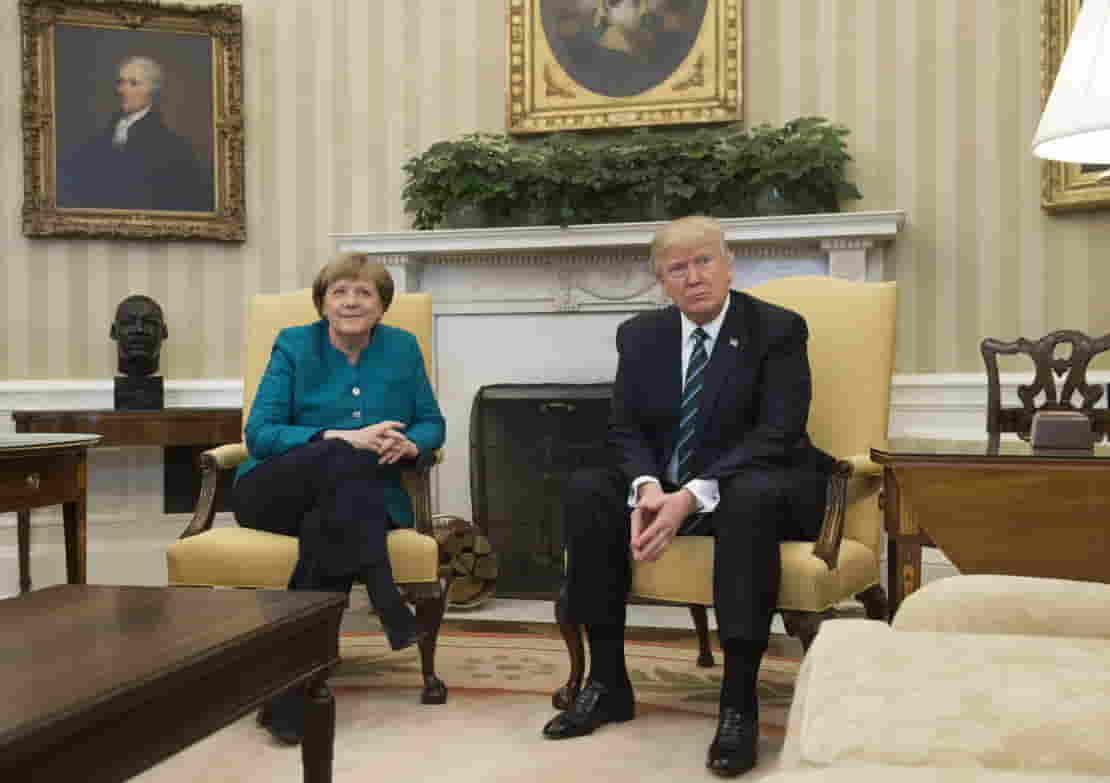
A Life Split in Two
Merkel’s memoir describes her life as divided into two distinct halves: 35 years spent in communist East Germany as a chemist and 35 years in a free, democratic system, which she now believes is under threat. “Liberal democracies are under onslaught; they are under pressure,” she remarked.
Reflecting on her first meeting with Trump at the White House in 2017, Merkel recalled an awkward moment when Trump appeared to ignore a photographer’s request for the two to shake hands. Despite this, she said Trump often acted unconventionally to make his mark. “He lives off acting unconventionally,” she said.
In her book, Merkel describes Trump as “captivated” by autocrats and skeptical of democratic constraints. “He seemed to dream of bypassing parliamentary bodies, seeing them as obstacles, and deciding matters on his own,” she said. “That’s incompatible with democratic values.”
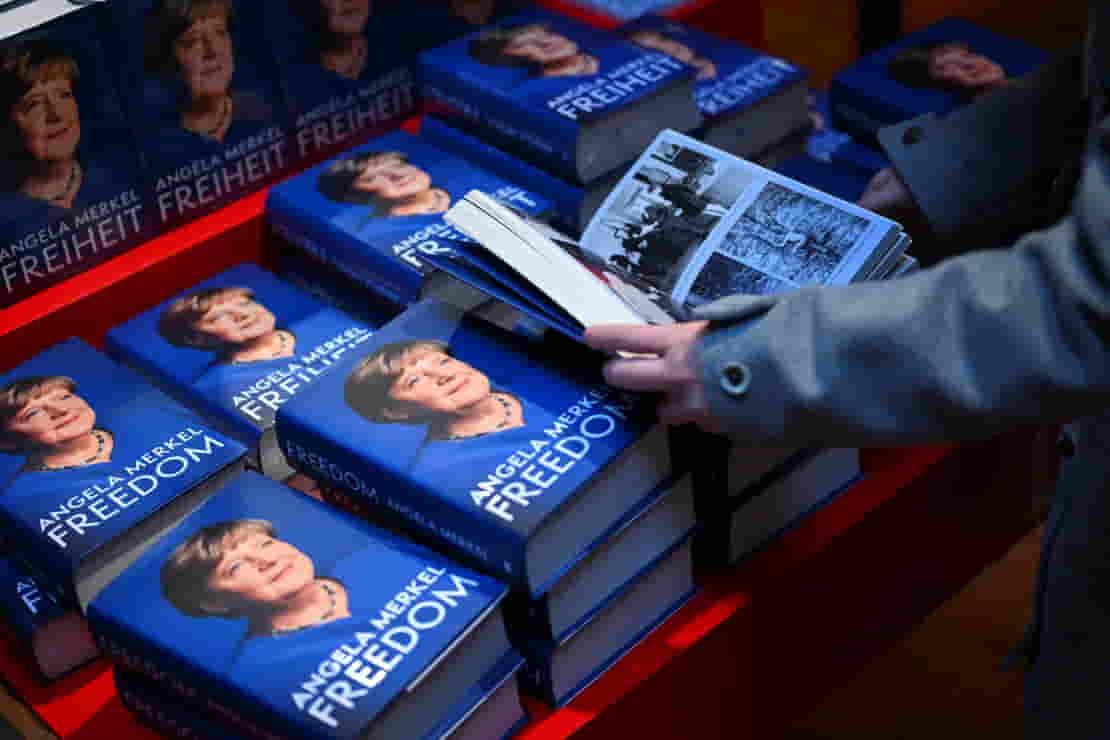
Warnings About Putin
Merkel, who maintained closer ties with Putin than many European leaders, spoke candidly about their interactions. She recounted a 2007 meeting where Putin brought his large Labrador, aware of her fear of dogs, as a subtle attempt to intimidate her. “It was a power play, a test of resilience,” Merkel explained.
While Merkel tried to maintain cordial relations with Moscow, tensions escalated after NATO’s 2008 summit in Bucharest, where the alliance declared that Ukraine and Georgia would eventually join, without offering a clear path. Merkel opposed the declaration, predicting it would provoke Russia. “I was convinced Putin wouldn’t let this happen without taking action,” she said.
Her tenure saw Russia’s aggression grow, with the 2008 war in Georgia and the annexation of Crimea in 2014. Merkel revealed that Putin later admitted to her that he had lied about Russian involvement in Crimea, which deepened her mistrust. “Negotiating with Putin is fraught. Agreements alone cannot be relied upon,” she warned, adding that any resolution to the Ukraine war must include “security guarantees” for Kyiv.
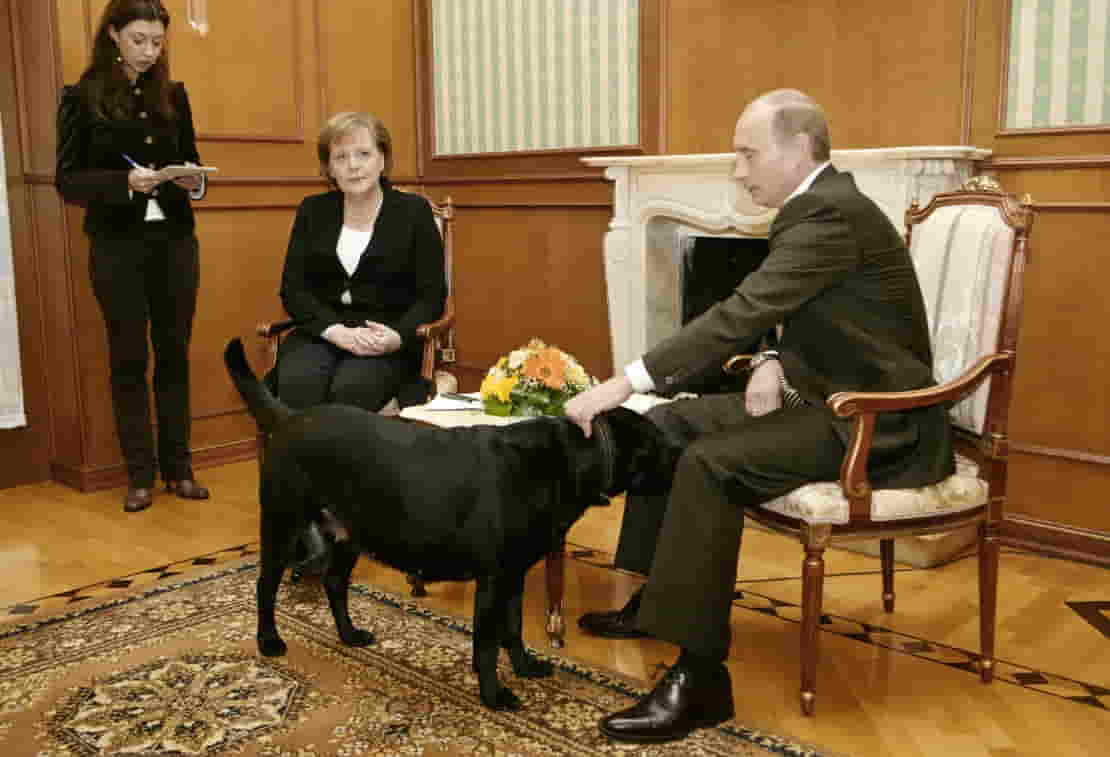
A Complicated Legacy
Merkel’s critics argue that her reliance on cheap Russian gas bolstered Moscow’s economy and influence, leaving Europe vulnerable. Reflecting on her decisions, Merkel defended her approach, stating, “We must always evaluate our choices based on the circumstances of the time. Looking back with hindsight doesn’t always make sense.”
As the war in Ukraine grinds on, Merkel’s insights serve as a reminder of the challenges posed by autocratic leaders and the delicate balance of diplomacy in an increasingly polarized world.
This article was rewritten by JournosNews.com based on verified reporting from trusted sources. The content has been independently reviewed, fact-checked, and edited for accuracy, neutrality, tone, and global readability in accordance with Google News and AdSense standards.
All opinions, quotes, or statements from contributors, experts, or sourced organizations do not necessarily reflect the views of JournosNews.com. JournosNews.com maintains full editorial independence from any external funders, sponsors, or organizations.
Stay informed with JournosNews.com — your trusted source for verified global reporting and in-depth analysis. Follow us on Google News, BlueSky, and X for real-time updates.
